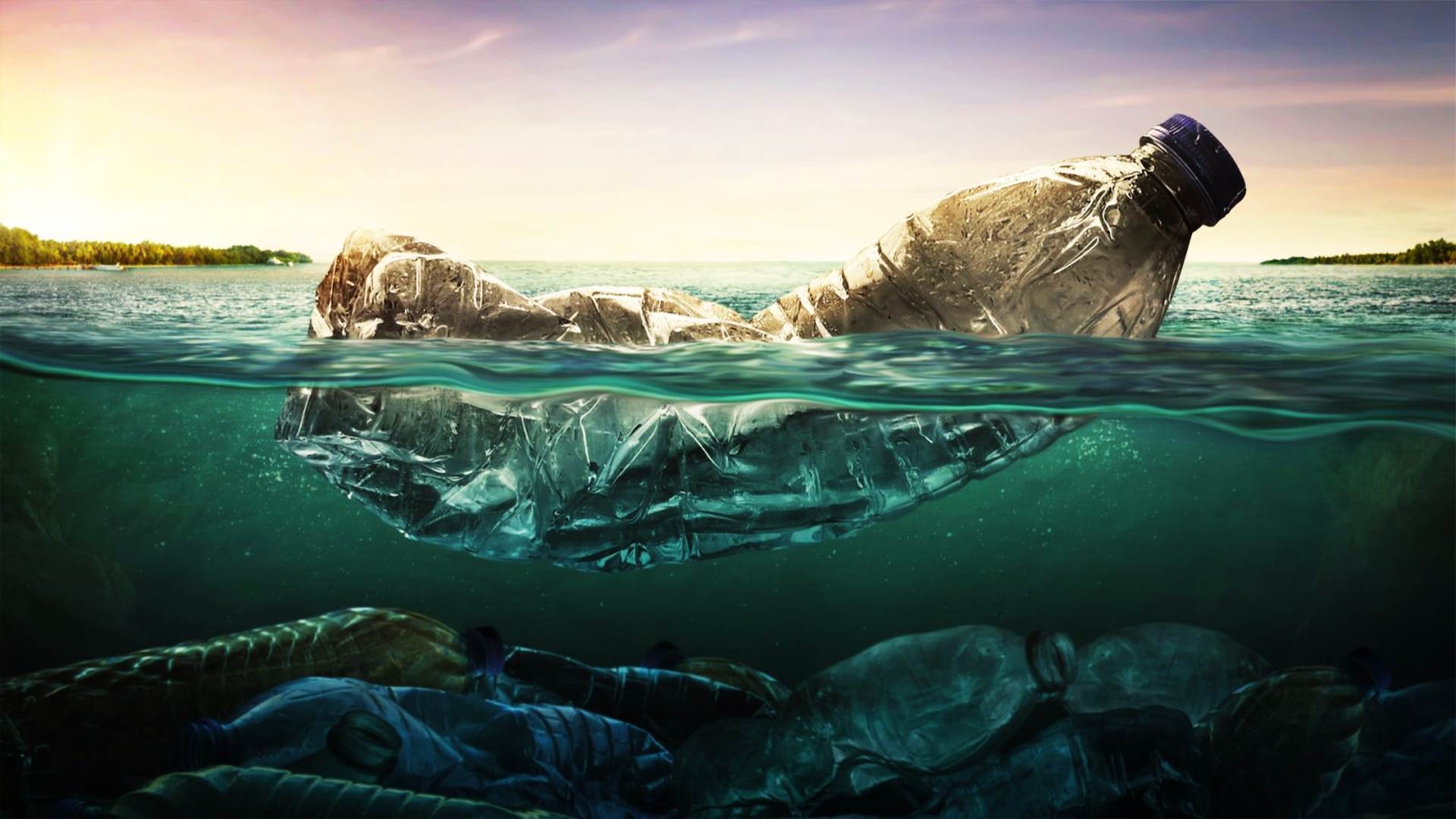The Great Environmental Battle; Plastic VS Earth

Actually, We produce and use plastic in huge quantities, more than 10 billion tons were produced in the last two decades.
Plastic has many advantages; It is low cost, lightweight, flexible, recyclable, and so on. Since nearly 70 years ago, it has changed everything from clothes, to cooking and product design, to engineering, and global commerce as a whole.
Plastic is characterized by its chemical bonds that make the atoms of its molecules bind to each other more complicated than organic materials, and therefore difficult for bacteria to break them down, and need much longer to degrade to their first elements.
Despite its advantages, the waste left by plastic causes great damage, as environmental systems, whether soil, water, or air, as this type of waste does not degrade unless After thousands of years have passed.
About 7 billion tons of plastic waste, three-quarters of total cumulative plastic production went to landfills or various ecosystems, including the sea, while 14% were burnt.
The oceans are exposed to the threat of plastic waste to the marine environment resulting from the collection of plastic bags, food bowls and empty packaging at their bottom. As this waste accumulates, a large number of marine organisms and fish die as a result of being trapped in plastic waste .
Turtles, whales and seals are the most affected marine animals, as they eat empty bags, and this leads to block their digestive channels, and death.
The impact also extends to birds, where the world loses millions of seagulls annually, reports indicate that 98% of birds carry in their digestive system remnants of plastic, which eventually cause death.
As for the danger of plastic on land, some microorganisms that accelerate the biodegradation process of plastic materials, which leads to the production of methane gas, which is the primarily gas in that occurs global warming.
The impact of marine waste also extends to human health, where eating seafood that has swallowed plastics makes humans vulnerable to many types of pathogenic bacteria transported by plastic.
Plastic waste also has huge economic costs, it threatens the livelihoods of many coastal cities.
The annual economic costs of marine plastic pollution, related to tourism, fisheries, aquaculture and other costs, including clean-up activities, are at least $6-19 billion, a small percentage of the total global plastics market of $580 billion in 2020.
the costs are much higher, as the lack of adequate comprehensive assessment studies has made these estimates not include the negative implications for human health and marine ecosystems, according to UNEP's report.
Which makes us all think about more serious solutions to tackle it, and we as individuals can do a lot of things, the simplest of which is to reject the use of plastic bags except in the least.







